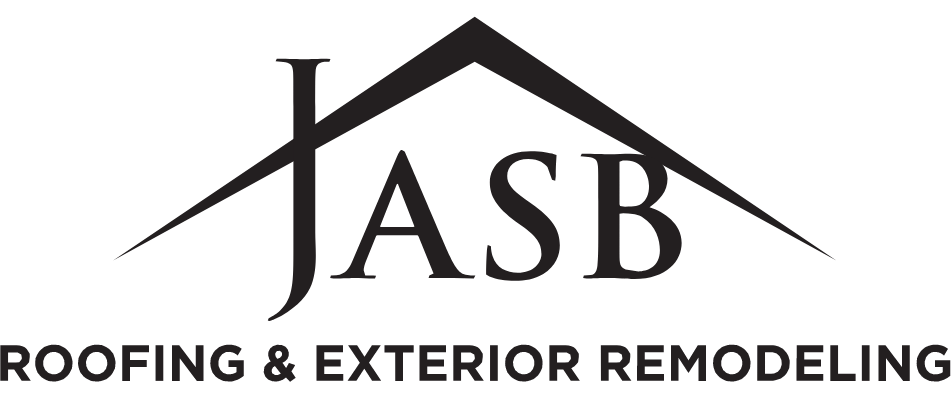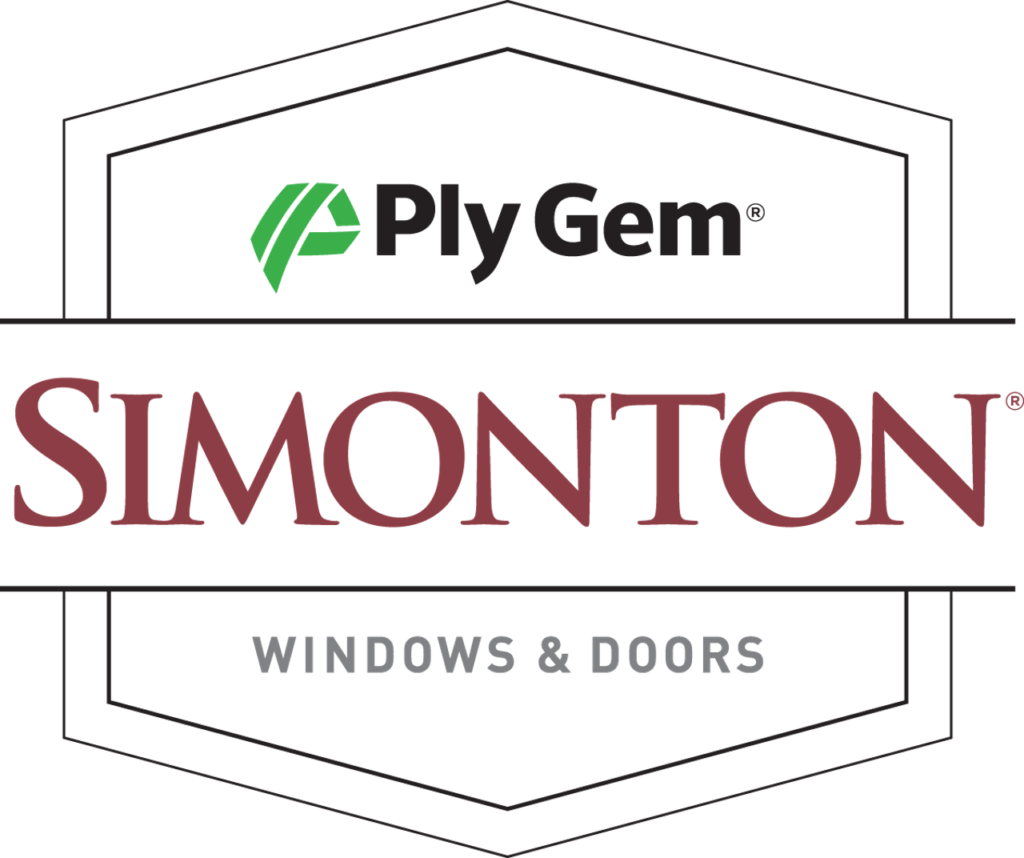Figuring out roof repair costs can be a major headache for homeowners. It’s not just about knowing the average; it’s about understanding what makes your roof repair different and potentially pricier. From minor leaks to major storm damage, learning how to estimate costs can make all the difference in budgeting wisely. In this post, we’ll break down the factors impacting roof repair costs, offering practical tips to help you make informed decisions for your home.
Factors Affecting Roof Repair Cost
Roof repair costs are as varied as roofs themselves. You can’t just Google “average roof repair cost.” Thinking you can is like assuming every car repair costs the same – it just doesn’t work that way.
- The Extent of the Damage: From Tiny Leaks to Total Replacements
For example, a missing shingle or two costs less than a roof caving in from years of neglect. Minor roof repairs, like replacing a few shingles or patching small cracks, typically cost between $200 and $1,000.
Major repairs, like a sagging roof, extensive rot, or significant water damage, are different. These repairs may cost $4,000 to $7,000 or more, especially if structural work is involved.
Then there’s the worst-case scenario: realizing repairs would throw good money away when the roof would need a total replacement. A complete shingle roof replacement is the most expensive option, costing anywhere from $5,700 to $12,250 or more for an average-sized American home. Knowing when to replace versus repair is a decision best made with an experienced roofing contractor. They can assess your roof’s condition and guide you toward the most cost-effective, long-term solution.
- Roofing Material: Asphalt Shingles vs. Fancy Slate
A beautiful slate roof may look elegant, but that elegance comes with a price tag. Slate, while gorgeous and incredibly durable (lasting up to 200 years.), is one of the most expensive roofing materials, making replacing or repairing slate tiles costly.
Due to affordability, asphalt shingles are the most common roofing material used in homes today. But don’t confuse “common” with “low-quality.” Asphalt shingles have a surprising range, from basic three-tab shingles to architectural shingles with a dimensional look.
| Roofing Material | Cost Range per sq ft |
|---|---|
| Tar and Gravel | $3 – $7 |
| Rubber/PVC | $4 – $8 |
| Composite shingles | $4 – $10 |
| Asphalt shingles | $5 – $9 |
| Slate | $5 – $15 |
| Metal | $6 – $20 |
| Wood shakes/shingles | $8 – $14 |
| Tile | $8 – $25 |
Source: Architectural Digest
3. Roof Pitch and Complexity: Not All Roofs Are Created Equal
A roof isn’t just a flat surface. Roofs come in various pitches, slopes, and designs. The more complex your roof design (think multiple levels, dormers, and steep pitches), the more your contractor will charge to navigate those tricky angles.
Steep roofs are more challenging to work on. They require additional safety precautions for workers and more time to complete, adding to labor costs. This can also affect your insurance premiums, as steeper roofs pose a greater risk.
- Labor Costs: Expertise and Time Are Money
A chunk of your roof repair cost will go to the professionals who do the fixing. Roofing is a specialized trade. Licensed and experienced roofers don’t come cheap because they have the knowledge, skills, and insurance to do the job right.
Labor costs for roof repair typically range from $35 to $90 per hour per worker. Larger projects may be quoted by the square, representing 100 square feet of roof. Consider factors that could extend a job and increase overall cost, such as your roof’s accessibility or unforeseen complications. For example, if your roof has a lot of obstacles or is difficult to access, it will take longer to repair.
Beyond the Basics: Other Roof Repair Cost Considerations
While those factors play a huge role in repair costs, other things can impact your total cost, just like unexpected extras pop up in different areas of life.
- Time of Year and Location: Spring Showers Bring Higher Prices
Ever notice how everything seems to cost more when everyone else needs it? Roof repairs are no different. During peak seasons (typically spring and summer), be prepared to pay more due to higher demand for roofing services.
While less ideal for working conditions, emergencies in the dead of winter also mean a premium if your roofer is the only one in town. Bigger cities tend to have higher prices for everything, and roofing is no exception.
Depending on the roofer’s location, more rural areas may incur added travel charges. Consider these factors when budgeting for roof repairs.
- Permits and Inspections: Sometimes You Need Permission (and Paperwork) to Fix Your Roof
Depending on where you live, your local building codes may require permits for certain roof repairs. Permits are there for a good reason: they ensure repairs meet safety standards but typically cost more (around $75 on average).
A thorough roof inspection before any repair is invaluable. An inspection can pinpoint underlying problems that might not be immediately obvious, saving you money in the long run.
- Roof Size: It’s Not Just About the Hole, It’s About Filling the Whole Thing (Metaphorically)
A bigger roof generally means a bigger bill when it comes to repairs or replacement, as more materials are needed to cover those expansive square feet. This is because larger roofs require more materials and labor to repair or replace.
When comparing quotes from different roofing contractors, factor in the total square footage of your roof to ensure you’re getting a fair price.
Innovative Ways to Keep Roof Repair Costs Down
While nobody likes spending money on repairs, you can do things to keep roof repair costs from becoming a financial burden. Regular maintenance goes a long way in preventing significant (and expensive) roof problems. For example, you can avoid many problems by keeping your gutters clean and debris-free.
Knowing how your homeowners’ insurance policy handles roof-related damage is critical. Your policy could save you thousands in certain situations. Review your insurance policy annually to ensure you have adequate coverage for home’s needs.
FAQs About Roof Repair Cost
How Much Does It Cost to Replace 1,000 Square Feet of Roof?
Replacing a 1,000-square-foot roof usually costs between $4,200 and $5,500. However, costs increase with larger roofs due to additional material and labor requirements.
What Is the Average Price to Fix a Hole in the Roof?
Fixing a hole generally costs $200 to $1,100, though large or complex holes requiring structural repair can be more expensive. The cost to fix a hole in your roof can vary depending on the hole’s size, location, and the materials needed to fix it.
How Much Does a New Roof Cost in Texas?
New roofs in Texas generally cost between $5,500 and $12,000. Various factors impact cost, such as roofing material and home location within Texas. Getting multiple quotes from reputable roofing contractors in your area is important to ensure you get a fair price for the quality of work and materials used.
How Do I Calculate the Cost of a New Roof?
To estimate, factor in your roof’s size, pitch, materials, desired warranty, local labor rates, and permit fees. For accurate estimates, get quotes from reputable local roofers. Online calculators can also provide a rough estimate of the cost of a new roof.
Conclusion
Figuring out your roof repair cost can be challenging. From understanding the damage and materials used to factoring in labor and permits, it’s about getting the complete picture before diving into a project.
Being proactive with your roof’s well-being is crucial to avoid major repair bills or premature replacement. Regular inspections and timely maintenance from a professional roofer can save you significant money over time. Call our team at JASB Roofing & Exterior Remodeling to schedule an inspection and estimate today!












